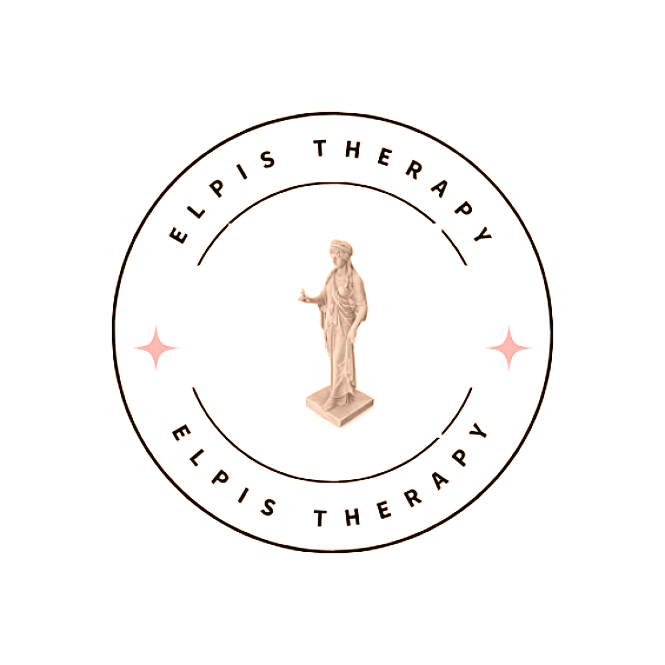Spirituality and mental health
Spirituality represents a worldview built on moral principles and values that give life a sense of purpose and meaning. It reflects how we connect with ourselves, others, nature, and the sacred. Spirituality suggests that the divine resides within everyone and is a personal inward journey toward self-awareness and the evolution of consciousness. Through this journey, people search for meaning, life purpose, and connection with themselves, others, and the universe. Spirituality is about discovering the magic in life—the secret ingredient for healing our wounds and experiencing joy, knowing that we are all interconnected and part of something larger.
Spirituality can also support mental health recovery, instilling hope, resilience, and a sense of meaning in our struggles. In times of stress, loss, or illness, many people turn to their spiritual beliefs to accept human limitations, cultivate compassion, find purpose, and practice forgiveness. When other sources of support are unavailable, spirituality can provide guidance and comfort.
Loss can feel overwhelming. Grief may bring shock, disbelief, anger, guilt, or anguish. During such times, many find solace in spiritual beliefs that suggest their loved ones are in a better place or that they will reunite in the afterlife. Beliefs like “everything happens for a reason” or “heaven needed another angel” do not erase the pain, but they help people adjust to life without the person they lost.
When people feel hurt by others or themselves, they often experience anger, frustration, resentment, bitterness, or sadness—emotions that can lower their mood and fuel cycles of depression. Spirituality can help them seek meaning in suffering, encouraging introspection and attunement with the parts of themselves that emerged to protect their inner child. Recognizing that some of these parts lacked the tools to overcome adversity, individuals may integrate forgiveness into their spiritual practice, releasing unpleasant emotions, cultivating self-compassion, understanding the struggles of those who harmed them, and reclaiming their personal power.
Teachings from Buddhism, for example, emphasize radical acceptance—a practice that helps prevent emotional pain from turning into prolonged suffering. By learning to let go, individuals can heal emotional wounds and nurture their spiritual wellbeing. This journey invites growth in love, kindness, introspection, and inner peace.
Spiritual practice can take many forms, such as meditation, which encourages presence, openness, gratitude, and harmony. Spiritual masters remind us that “kindness is the vehicle to peace” and that “living in love means living from the heart, not the mind.” Limiting beliefs—such as feeling “not enough,” “unlovable,” or “unworthy”—block the heart from opening. By freeing the mind, people can recognize the divine within themselves and embrace abundance.
Abundance in spirituality goes beyond material wealth. It is a sense of richness that allows us to release feelings of emptiness, dissatisfaction, and lack. It is about remaining open to the infinite opportunities available to us, appreciating what we have, and feeling fulfilled, regardless of material possessions.
